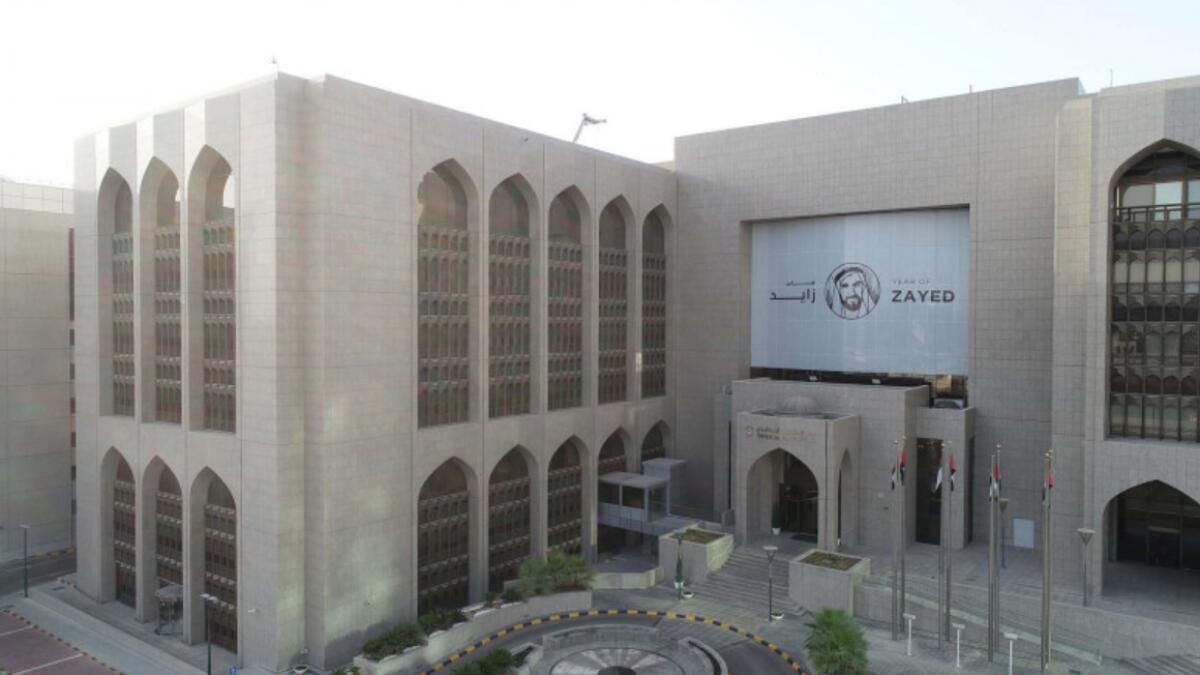The Central Bank of the UAE recently imposed a hefty fine of Dh5 million on a bank operating in the country for violating anti-money laundering laws and funding illegal organizations. This financial penalty was carried out in accordance with various federal decree laws, including those related to the organization of financial institutions and activities, as well as anti-money laundering and combating the financing of terrorism and illegal organizations. While the name of the offending bank was not disclosed, the CBUAE directed the bank to report the Central Bank’s actions to its overseas headquarters’ board of directors.
The regulatory functions of the CBUAE play a crucial role in ensuring that all banks, their owners, and staff comply with UAE laws, regulations, and standards. This oversight is essential to safeguard the transparency and integrity of the banking industry and the financial system in the UAE. By holding financial institutions accountable for their actions and imposing penalties for non-compliance, the CBUAE reinforces the importance of adhering to stringent anti-money laundering measures and combatting the financing of terrorism and illegal organizations.
Staying informed about regulatory developments and enforcement actions in the financial sector is paramount for banks and other financial institutions operating in the UAE. It is essential for these entities to stay up to date with the latest news and regulatory changes to ensure compliance with anti-money laundering laws and other financial regulations. By actively following developments in the financial industry and understanding the consequences of non-compliance, banks can proactively manage their operations and mitigate potential risks associated with violations of anti-money laundering laws.
The imposition of a substantial fine on a bank for violating anti-money laundering laws and funding illegal organizations serves as a stark reminder of the consequences of non-compliance with financial regulations. The CBUAE’s actions underscore the importance of upholding integrity and transparency in the banking industry, as well as the necessity of combatting illicit financial activities. By holding banks accountable for their actions and imposing penalties for violations, regulatory authorities send a strong message that adherence to anti-money laundering laws is non-negotiable in the UAE’s financial sector.
The CBUAE’s proactive approach to enforcing anti-money laundering laws and combating the financing of terrorism and illegal organizations reflects its commitment to maintaining a robust and secure financial system in the UAE. Through its supervisory and regulatory mandates, the Central Bank works diligently to ensure that banks operate in compliance with established laws and regulations. By holding banks accountable for breaches of anti-money laundering laws, the CBUAE demonstrates its dedication to protecting the financial interests of the UAE and upholding the integrity of the banking industry.
In conclusion, the recent imposition of a significant fine on a bank by the CBUAE for violating anti-money laundering laws and funding illegal organizations highlights the stringent regulatory framework in place in the UAE’s financial sector. By actively enforcing anti-money laundering laws and combatting the financing of terrorism and illegal organizations, the Central Bank underscores the importance of compliance with financial regulations. Financial institutions operating in the UAE must prioritize adherence to anti-money laundering laws and maintain transparency and integrity in their operations to avoid penalties and sanctions imposed by regulatory authorities like the CBUAE.











